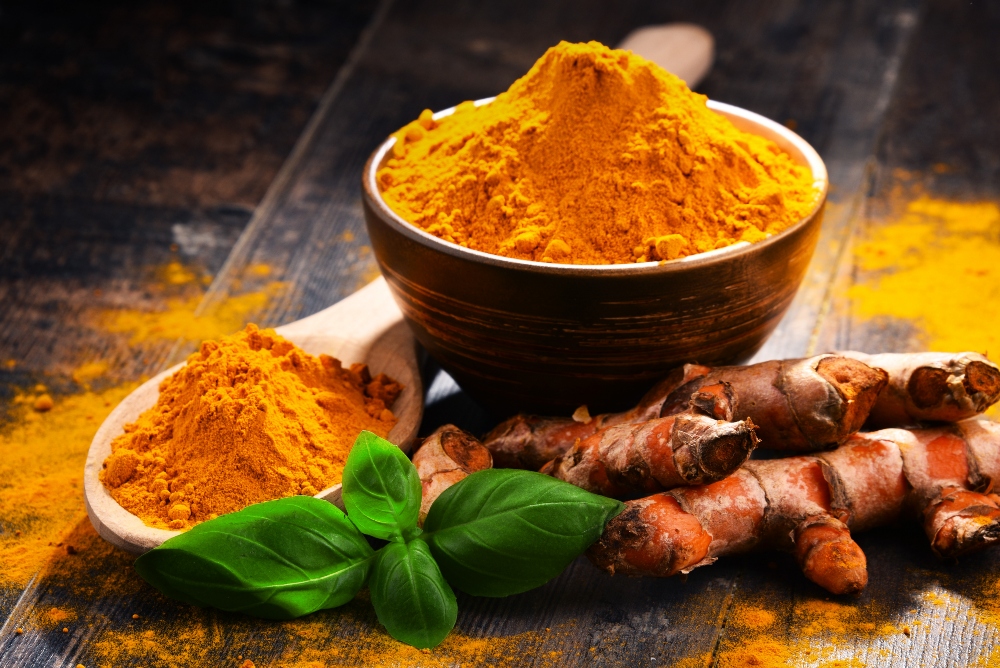International Yoga Day, observed on 21st June, brings us an opportunity to embrace the transformative power of yoga and reap its benefits through consistent practice for our holistic well-being. This year, we bring to you interesting yoga techniques that will help you cope with grief. Transcending the confines of our minds and hearts, grief can also affect our emotional and physical well-being.
‘Healing Through Yoga’ on Audible guides you through stages like Awareness, Expression, Connection, Surrender, and Evolution which will help you release suffering, reconnect with life, and find strength. Straight from the audiobook, these are 5 practices hand-picked for you to help release pain and re-establish a profound connection with your body.
Hatha Yoga
Hatha Yoga is a school of Yoga focused on mastering the body to achieve spiritual perfection. It originated from ancient yogic traditions and emphasizes diet, purification, breathing regulation, and physical postures called asanas. Asanas include the popular Lotus Posture and the well-known sequence of 12 asanas, Sun Salutation, also known as the Surya Namaskar. “Hatha Yoga focuses on physical postures to help students stretch, extend, and relax. It helps create balance and grace as we straighten the spine and open the heart. These postures help to improve flexibility and strength, relieving tight shoulders and neck tension. The practice eases back pain and improves breathing disorders and heart conditions. It increases body awareness about the places where stress gets stuck and helps to relieve muscle strain. Hatha Yoga sharpens the mind, empowers the body, and frees the spirit.”
Vinyasa Yoga
It is also commonly referred to as ‘power yoga;’ offering a variety of postures and not two of them are alike! The variable nature of Vinyasa Yoga helps to develop a more balanced body as well as prevent repetitive motion injuries that can happen if you are always doing the same thing every day. These exercises are “a sequence of postures that stretch and flow, using synchronized breath. You move in a smooth way that flows together like a dance. Focus on the breath is important as you move from one pose to the next on an inhale or an exhale. This meditation of movement and breath helps students find strength and grace.” Enhance your yoga practice by incorporating dynamic Vinyasa poses such as Planks, Chaturanga, Upward-Facing Dog, Downward Dog, Alternate Leg Lifts, and Cross Crawl. These poses offer a beautiful flow and can bring new energy to your routine. Give them a try and experience the transformative power of yoga.
Kundalini Yoga
“Kundalini Yoga is an uplifting blend of spiritual and physical practices that help build vitality and increase consciousness.” It is a spiritual practice that aims to calm the mind and open the chakras for free energy flow. Kundalini is the untapped energy at the base of the spine that can be awakened to reach enlightenment through the seven chakras, culminating in the crown chakra. “This transformative practice uses breathwork, meditations, chanting mantras, and kriyas to awaken and connect to our intuition. This powerful practice helps to strengthen your nervous system, balance your glandular system, purify the body, calm the mind, and connect to the fullness of who you are.”
Laughter Yoga
Laughter has a natural stress-relieving effect. It releases feel-good hormones that can not just help promote a sense of relaxation but also deepens the breath and allows the flow of emotions to move through. “Follows a mind-body approach to laughter that doesn’t focus on jokes or humor, but rather on exercises to strengthen the immune system, bringing more oxygen into the body and brain to help us connect to a child-like playfulness. These laughter exercises mirror daily life and offer us incredible health benefits. Through connection to the breath and exercises, it can help shift suffering to create positive feelings.”
Restorative Yoga
“Restorative Yoga, also known as Yin Yoga, is a series of nurturing postures that allow a gentle approach to stretch and calm the body as you quiet the mind. This practice can be deeply healing for those dealing with trauma, as it allows the body to ease into a pose and remain there for a period of time. Bolsters, blankets, and blocks help you to experience the benefits of a pose without having to exert effort. It can help you find a place of safety and recovery.” You can try various poses including Child’s Support Pose, Supported Bridge Pose, Reclining Bound Angle Pose, Supported Legs on the Wall, etc.


